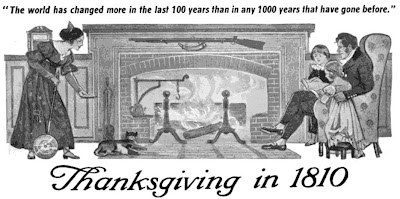Virgin Australia Hit With New Coffee Lawsuit: No, This Isn’t Like Stella Liebeck
According to a report from Travel & Leisure, Virgin Australia has found itself on the wrong side of the newest hot coffee lawsuit. The suit, filed in Victoria, Australia, apparently arises out of an incident involving 16-year old Rhett Butler (not of Gone With the Wind fame) while on a Virgin flight from Los Angeles to Sydney in May 2015. Shortly after take-off on the 15-hour flight, Butler’s cup of coffee allegedly fell from his tray table onto his lap, causing burns to his thighs, groin, genitals, and midriff. The flight crew allegedly did not have enough bandages to treat the wounds, so the Butler family was “forced” to use their own. Moreover, the suit alleges that the flight crew only had two ice packs and stopped supplying Butler with water bottles to ensure they had enough for the first class passengers. According to the report, Virgin Australia has confirmed that the incident occurred but offered no further comment.
As is often the case, we assume that many media reports on this incident may jump to inapt comparisons to the infamous Stella Liebeck case. From what little we know about this case, it appears that the two are apples and oranges. What made the Liebeck case so very intriguing from a legal perspective was that Liebeck sought to and was successful in holding McDonald’s liable for serving an “unreasonably dangerous product.” In other words, the jury found McDonald’s liable for serving coffee that it deemed too hot (something about which we’ve written a time or two). Here, at least according to the information contained in the reports, Butler seeks to hold Virgin Australia liable, not due to the temperature of the coffee, but due to the conditions that caused the spill. Specifically, Butler alleges that the airplane’s tray table lacked a recess to hold a cup and was defective and pointing down towards the passenger.
We here at Abnormal Use are interested to see how this one plays out. Regardless of the future outcome, we hereby grant the suit a reprieve from our typical criticism of prior hot coffee litigation. And, that’s a good thing. Even for us, there are only so many times we can say, “coffee is meant to be served hot.”

















